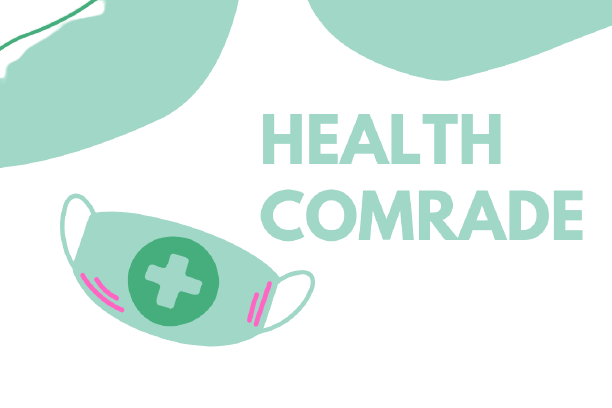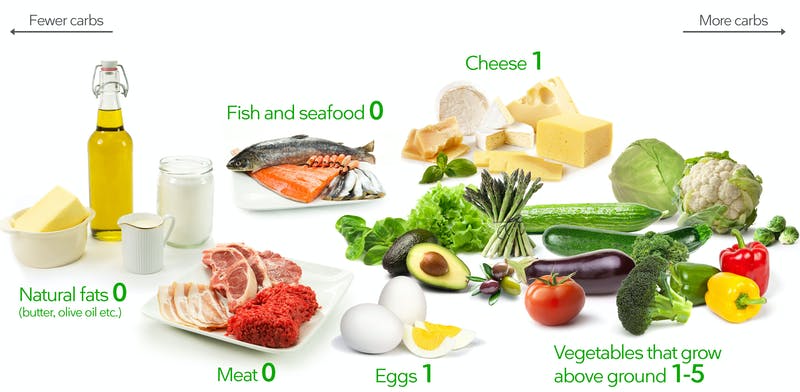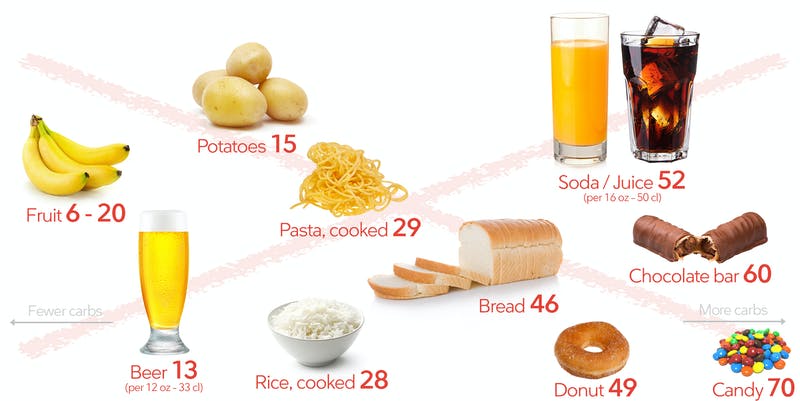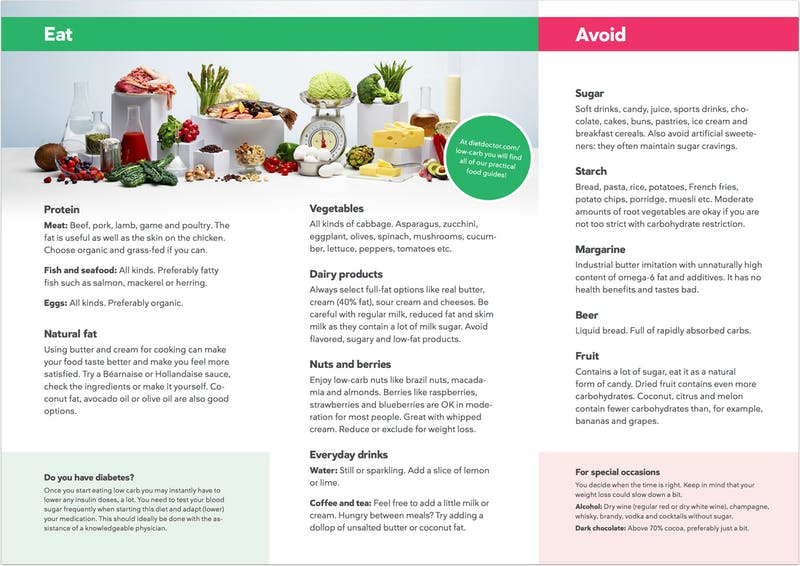
Get Help!
Talk to Health Care Experts Personally
HEALTH COMRADE
YOUR ONE STOP SOLUTION TO ALL YOUR Diet RELATED PROBLEMS!
BMI Calculator Meal Plan Recipes About Us
Talk to Health Care Experts Personally
HEALTH COMRADE
YOUR ONE STOP SOLUTION TO ALL YOUR Diet RELATED PROBLEMS!
BMI Calculator Meal Plan Recipes About Us
A Keto or Ketogenic Diet is a low-carb, moderate protein, higher-fat Diet that can help you burn fat more effectively. It has many benefits for weight loss, health, and performance, as shown in over 50 studies.1 That’s why it’s recommended by so many doctors.
A Keto Diet can be especially useful for losing excess body fat without hunger and for improving type 2 diabetes.
Here, you’ll learn how to eat a Keto Diet based on real foods. Get started with our visual guides, recipes, meal plan. It’s everything you need to succeed on Keto.
The Keto Diet is a very low-carb, higher-fat Diet. It’s similar in many ways to other low-carb Diets.
While you eat far fewer carbohydrates on a Keto Diet, you maintain moderate protein consumption and may increase your intake of fat. The reduction in carb intake puts your body in a metabolic state called Ketosis, where fat, from your Diet and from your body, is burned for energy.
You can quickly learn more about the basic ideas behind the Keto Diet in this video course:
Here are typical foods to enjoy on a Ketogenic Diet. The numbers are net carbs per 100 grams (3.5 ounces) of food. To remain in Ketosis, lower is generally better:

What’s the most important thing to do to reach Ketosis? Avoid eating too many carbs. You’ll likely need to keep carb intake under 50 grams of net carbs per day, ideally below 20 grams.
The fewer the carbs, the more effective the Diet appears to be for reaching Ketosis, losing weight or improving type 2 diabetes.
Counting carbs can be helpful at first. But if you stick to our recommended foods and recipes you can stay Keto even without counting.
Here’s what you should avoid on a Keto Diet – foods containing a lot of carbs, both the sugary and the starchy kind. This includes starchy foods like bread, pasta, rice and potatoes. These foods are very high in carbs.

The numbers are grams of net carbs per 100 grams (3.5 ounces), unless otherwise noted.
Also avoid or limit highly processed foods and instead follow our whole foods Keto Diet advice.
You should also avoid low-fat Diet products. A Keto Diet should be moderately high in protein and will probably be higher in fat, since fat provides the energy you’re no longer getting from carbohydrate. Low-fat products usually provide too many carbs and not enough protein and fat.

What can you drink on a Ketogenic Diet? Water is the perfect drink, and coffee or tea are fine too. Ideally, use no sweeteners, especially sugar.
A splash of milk or cream in your coffee or tea is OK, but beware that the carbs can add up if you drink multiple cups in a day (and definitely avoid caffe lattes!). The occasional glass of wine is fine too.
Here’s our leaflet with basic Keto advice. Print it out, put it on your fridge, or give it to your curious friends:
